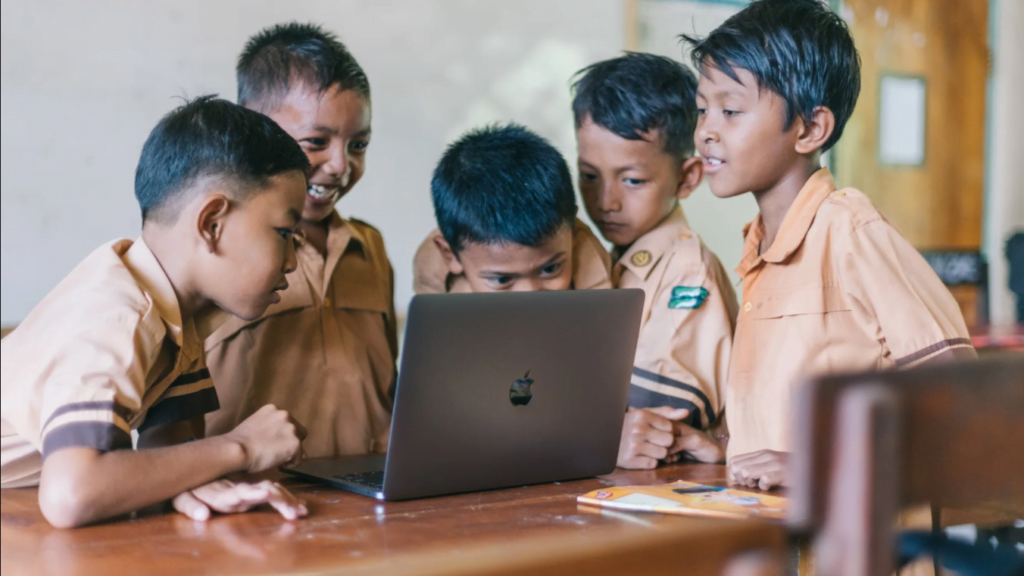
In today’s day and age, keeping kids out of harm’s way online is more important than ever. Having studied online over the past year, they’re spending even more time on the Internet, often unsupervised. It’s important to talk to your children about staying safe online, as well as invest in antivirus software and monitoring sites that can protect your kids.
Safe Tablet and Smartphone Use
Every tablet and smartphone has parental control. However, this is at different locations depending on the device. Once you find it, you can block access to inappropriate features and apps. You need to make some ground rules for when and how to use phones to go online. Ideally, the child should not use their devices at bedtime.
Social Media Safety: How do the Main Ones Measure Up?
The majority of Facebook interactions are easy to monitor because they’re displayed on a public “wall.” However, it is important to exercise caution with private messages, especially if your child uses a smartphone. Generally, the platform applies strict standards that keep inappropriate content out of children’s feeds.
It’s best to keep an eye on their Instagram account to make sure they’re not posting things they might end up regretting. They shouldn’t be posting any pictures that contain personal information, such as photos of your house. This way, anyone could find out where you live.
Snapchat is the most recent addition to the social media scene. It became extremely popular with kids and teens in a very short period. The messages and pictures sent on this medium disappear almost as soon as they’re received. Everyone who knows your kid’s username can send them a message. What’s more, the site embedded a GPS location feature, so unless this setting is deactivated, anyone can see your child’s location.
All of this might convince you your child shouldn’t use the site at all. As their parent, you can request their account to be deleted.
Brushing up on Internet Slang
Young people use innumerable acronyms in their online interactions. As such, you should be aware of some basic ones, like MIRL and KPC (Meet in Real Life and Keeping Parents Clueless) to monitor your child’s internet use effectively. Another common one is NSFW (Not Safe for Work). This is a general phrase denoting any inappropriate content.
Cyberbullying
Traditional bullying at school, while undoubtedly unpleasant to experience, can at least be left behind when your child comes home. In a way, cyberbullying is worse because there’s no escaping it. It takes place on social media, in games, in chats, on forums, and everywhere else online. The only way to truly avoid it is by not using the Internet at all, which isn’t realistic. Your child shouldn’t be forced to stop talking to their friends because of trolls and bullies.
Anxiety, depression, and withdrawal are all signs a bully might be tormenting your child. Once you confirm this, identify the bully and report them to site admins or talk to their parents. In serious cases of bullying, you might need to involve the police.
Recognizing Potentially Dangerous Behavior
It’s important to be aware of the behavior that can harm your child. Moreover, these behaviors might not be warning signs when viewed in isolation. Ask yourself if your kid is going out of his or her way to be at the computer at a certain time each day and not telling you why. Are they too keen on isolating themselves at their device and getting angry when something stops them? If so, they might be in an unsafe situation.








